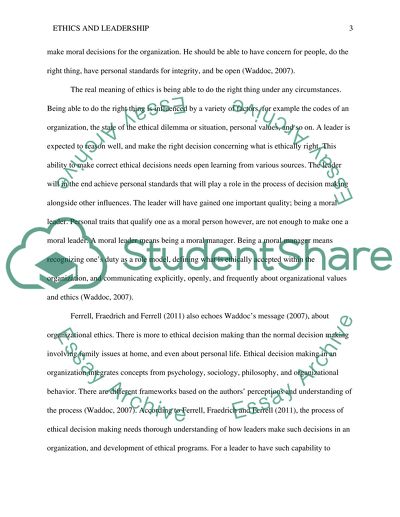Cite this document
(Ethical Decision Making through Leadership Assignment, n.d.)
Ethical Decision Making through Leadership Assignment. Retrieved from https://studentshare.org/human-resources/1496900-business-ethics-decision-making-thru-leadership
Ethical Decision Making through Leadership Assignment. Retrieved from https://studentshare.org/human-resources/1496900-business-ethics-decision-making-thru-leadership
(Ethical Decision Making through Leadership Assignment)
Ethical Decision Making through Leadership Assignment. https://studentshare.org/human-resources/1496900-business-ethics-decision-making-thru-leadership.
Ethical Decision Making through Leadership Assignment. https://studentshare.org/human-resources/1496900-business-ethics-decision-making-thru-leadership.
“Ethical Decision Making through Leadership Assignment”, n.d. https://studentshare.org/human-resources/1496900-business-ethics-decision-making-thru-leadership.


